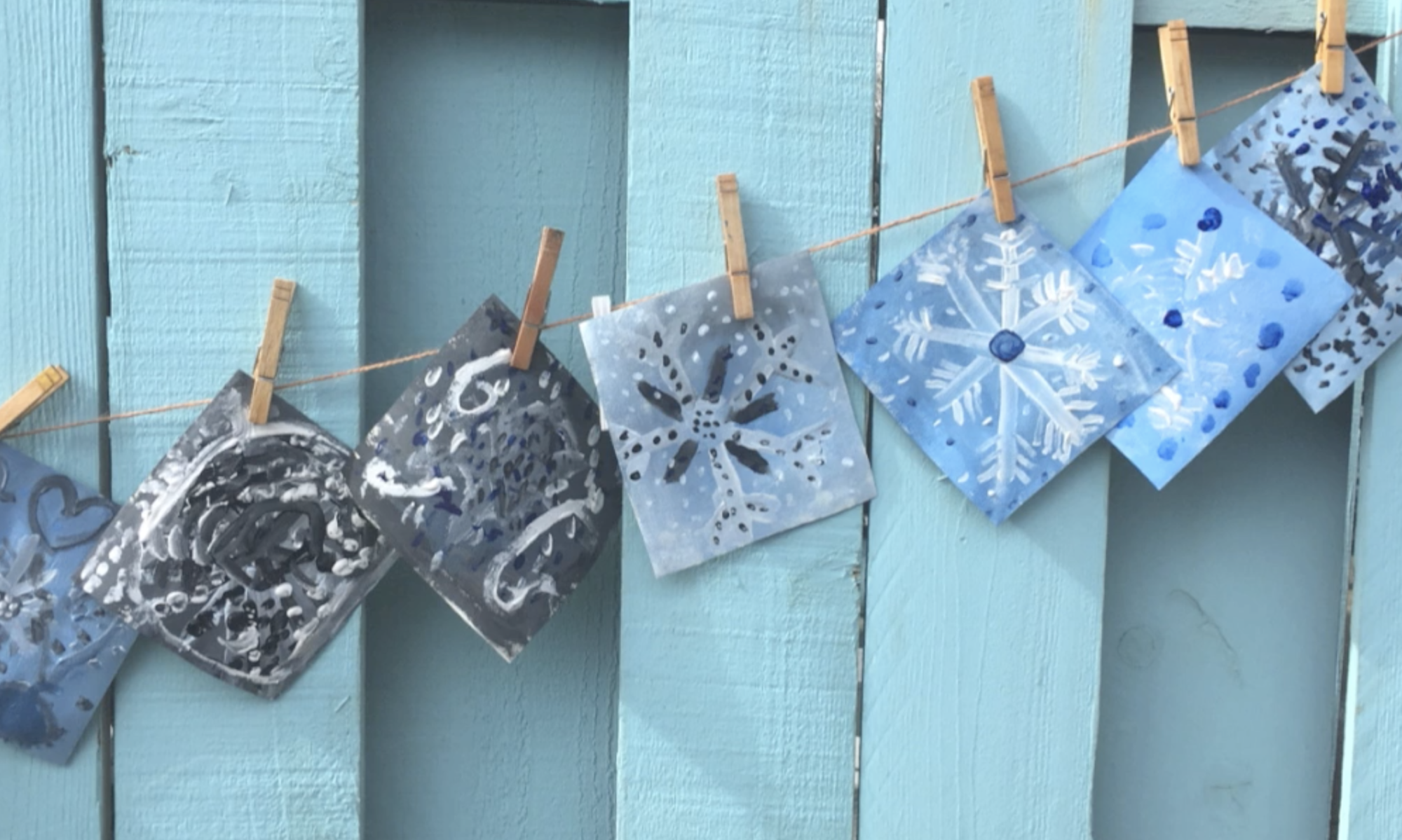
Montessori Clay Play has been found to have positive effects on emotional well-being. Playing with clay can help children regulate stress levels. Playing with clay provides a highly tactile and sensory experience. As children squeeze, press, and manipulate the clay, they are actively engaging their senses. Sending valuable sensory information to their brain.
However, the benefits of clay play extend far beyond the realm of sensory development. In fact, there are numerous cognitive advantages associated with this activity. Montessori education highlights the importance of hands-on learning. Clay play aligns perfectly with the Montessori philosophy. In my early childhood art guide, I discuss this topic and provide more insights into clay play for emotional health. You can learn more by reading about the benefits of clay play in my early childhood book.

The important thing to understand about clay play is that it should be a process-based activity, providing children with ample time to freely play and explore clay. There are various ways to engage children in exploring clay.
Including the use of simple tools such as natural elements, beads, seeds, rolling pins, and cookie cutters. Emphasizing the play aspect of clay play is crucial. Allowing children to take the lead in their learning and discoveries. By letting the child guide the fun, experiments, and creations, you can enhance their clay experience.

When to start clay lessons
Once children have had ample opportunities for clay play and have reached the age of 4 or 5. You can begin introducing clay modeling skill sets. This includes teaching them forms, attaching pieces, cutting, and carving. If you would like to learn more about my clay curriculum you can view the Clay Modeling Curriculum HERE. Order Clay Play Tools HERE

Where To Start Clay Play
Unsure of where to begin with clay play? Perhaps you’ve struggled with determining the desired outcome of art activity? Allow me to shed some light on the importance of early childhood clay play sessions.
In fact, I refer to this approach as “Clay Play.” Engaging in type of play offers numerous benefits for a child’s overall development. When it comes to clay play, this process-based exploratory approach should always come first! Clay play should happen before getting into foundational clay modeling lessons.

I recommend incorporating clay play for young children in early childhood education. Montessori schools and daycare centers can introduce clay modeling stations into their classrooms to provide children with the opportunity to explore.
Plus support creative and cognitive skills. To learn more about setting up clay modeling environments, please refer to this comprehensive guide Monessori Early Childhood Art Guide.
Montessori Clay Play
Clay comes in various forms, ranging from very messy to less messy options. Additionally, clays can be homemade. Earth clay, in particular, is a wonderful material to introduce to children, similar to making mud pies.
If you’re interested in setting up earth pottery clay play stations, I recommend checking out this book. It contains numerous photos and examples illustrating how to arrange clay play. How to choose suitable clay play materials for children aged 3-6 years old.


All rights reserved © 2025, Nature of Art®
No part of this blog may be used or be reproduced in any manner whatsoever including reproducing, publishing, performing, and making any adaptions of the work – including translation into another foreign language without written permission except in the case of brief quotations embodied in critical articles and reviews. Nature of Art® Publishing P.O. Box 443 Solana Beach, California 92075.

